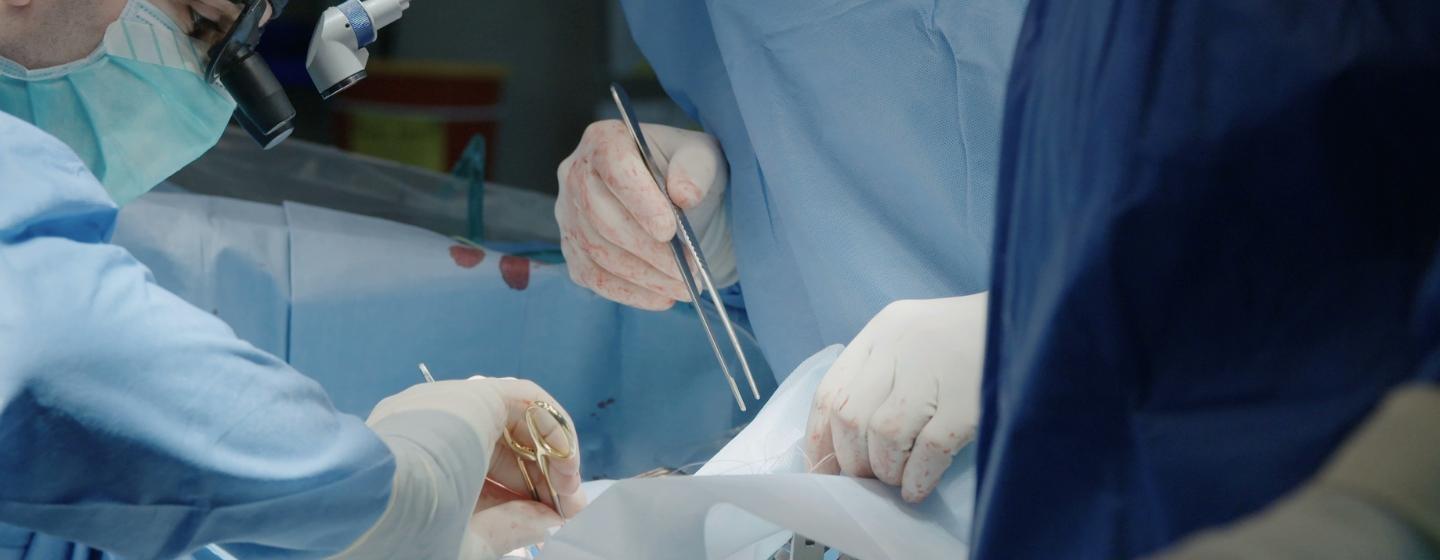NC Company Pioneers New Frontier in Organ Transplants


I admit, I couldn’t resist writing this.
Oink if you love science, because this news is amazing.
Two biotech companies, including United Therapeutics Corporation in Research Triangle Park, North Carolina, have been given approval by the Food and Drug Administration (FDA) to conduct clinical trials transplanting genetically modified pig kidneys into human patients with kidney failure.
The other company approved by the FDA for clinical trials of the procedure is eGenesis in Massachusetts.
These are the first two clinical trials ever approved for such a procedure.
The trials will allow researchers to study how well the pig kidneys work and how safe they are for humans. If successful, the trials could revolutionize organ transplants and help address the severe shortage of donor kidneys.
The United Therapeutics pig kidney, which the company calls UKidney, comes from a 10 gene-edited source pig. Six human genes were added to UKidney, and four genes from the pig were inactivated. The modified pig genes reduce the risk of organ rejection and improve compatibility with human bodies. Genetically engineered pigs offer a promising solution because their kidneys are similar in size and function to human kidneys.
“Clearance of our IND [Investigational New Drug application] for this first-ever clinical trial of a xenokidney [kidney from another species] represents a significant step forward in our relentless mission to expand the availability of transplantable organs,” said Leigh Peterson, Ph.D., executive vice president of product development and xenotransplantation at United Therapeutics, in a press release. “Our goal is to increase the availability of transplantable organs to offer a therapeutic alternative to a lifetime on dialysis for a large population of patients who are unlikely to receive an allogeneic [human-to-human] kidney transplant.”
United Therapeutics will start its study mid-2025 with six patients. Those patients have been on dialysis for at least six months and have no other serious medical issues. The company plans to wait several months between procedures to assess each outcome. If all goes well, the trial will expand to 50 participants.
After the procedure, doctors will monitor each transplant patient for 24 weeks. The patients will also be required to have lifelong follow-ups to track health outcomes as well as other potential risks, such as pathogens that could cross from pigs to humans.
There is a severe shortage of kidneys and kidney donors in the U.S.
The Centers for Disease Control and Prevention estimate that 1 in 7 (that is, 35.5 million) people in the U.S. have chronic kidney disease. It’s most often caused by diabetes and high blood pressure. But because the condition gradually gets worse over time, most people aren’t aware they have kidney disease for months or even years until they’re sick and hospitalized.
Patients with chronic kidney disease are often placed on dialysis. That’s not a cure, however, but a stopgap measure that creates its own risks, such as infection and strain on the body. The only real cure is to have a kidney transplant.
However, in a 2025 press release, the American Kidney Fund reports that more than 815,000 people in the U.S. are living with kidney failure and nearly 550,000 are on kidney dialysis. In addition, over 104,000 are waiting for a kidney transplant. Part of the shortage is because many people aren’t aware of living donor donation programs. In addition, only a small number of organ donors die in circumstances in which their organs are suitable for transplant.
The shortage of kidney donors means more than a thousand people per month are removed from the list because they die while waiting for a kidney or become too sick for a transplant. That’s why this new procedure could be so revolutionary.